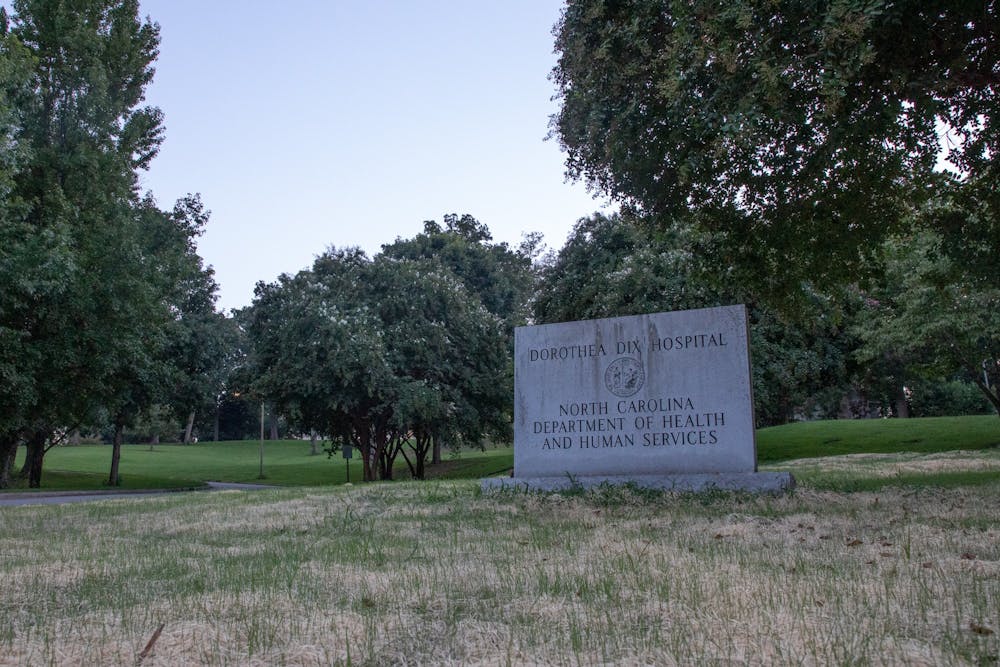In October, the North Carolina Department of Health and Human Services announced an additional $5 million to expand access to behavioral health providers and managers into primary care offices.
The money will support capacity-building efforts, allowing primary care providers to implement a collaborative care model, which embeds behavioral health care within primary care settings.
The model includes integrating a behavioral health case manager and psychiatric consultant to work alongside primary care providers to treat mild to moderate behavioral health conditions.
Eric Christian, the director of Behavioral Health Integration at Community Care of North Carolina, said the model will allow patients to receive consultation from a psychiatrist and be prescribed medication at their primary care office that their provider would otherwise be unable to issue.
"We've got to make sure that we're doing things in schools and in other places where people might be, but having this in as many different primary care settings as possible, is what our goal is — to be able to screen for and do prevention work so that people don't progress in the level of severity of symptoms and disability associated with a behavioral health condition," Dr. Keith McCoy, associate medical director for mental health at N.C. Medicaid, said.
Primary care providers who have adopted this model can apply for up to $50,000 in grants to help implement it into their main offices. The funding applications opened on Oct. 10 and eligible primary care providers can apply for individual grants for each site.
Priority will be given to providers in rural or high-need areas, particularly in western North Carolina locations impacted by Hurricane Helene.
Dr. Brittany Watson, associate medical director consultant for N.C. Medicaid, said the behavioral health care managers cover a space she cannot as a family physician.
“If there are significant mental health barriers that are taking place, they go hand in hand [with physical health problems], and the behavioral health care manager has specific skills and the time to really dive into some of those issues as opposed to the primary care provider,” Watson said.




